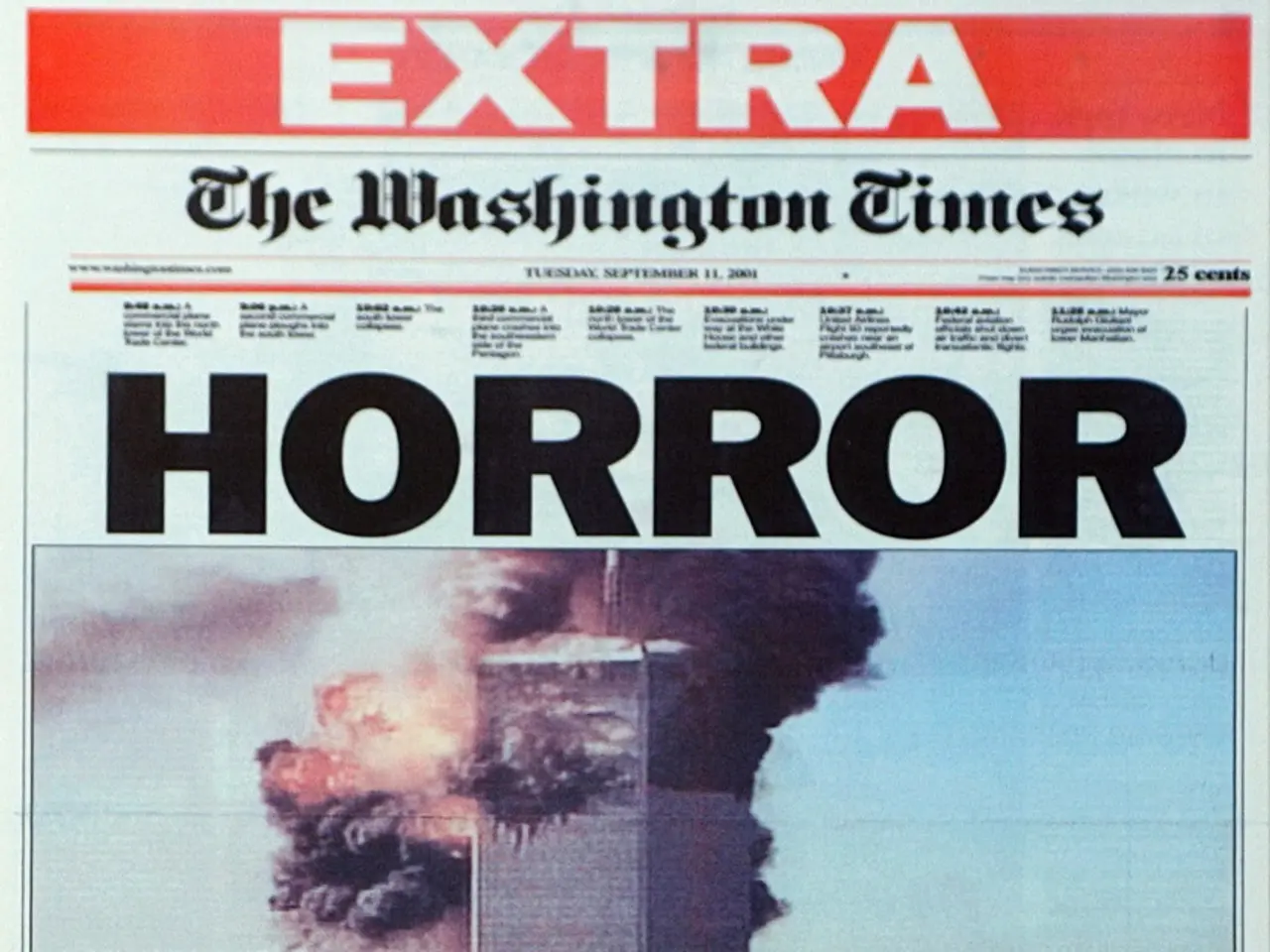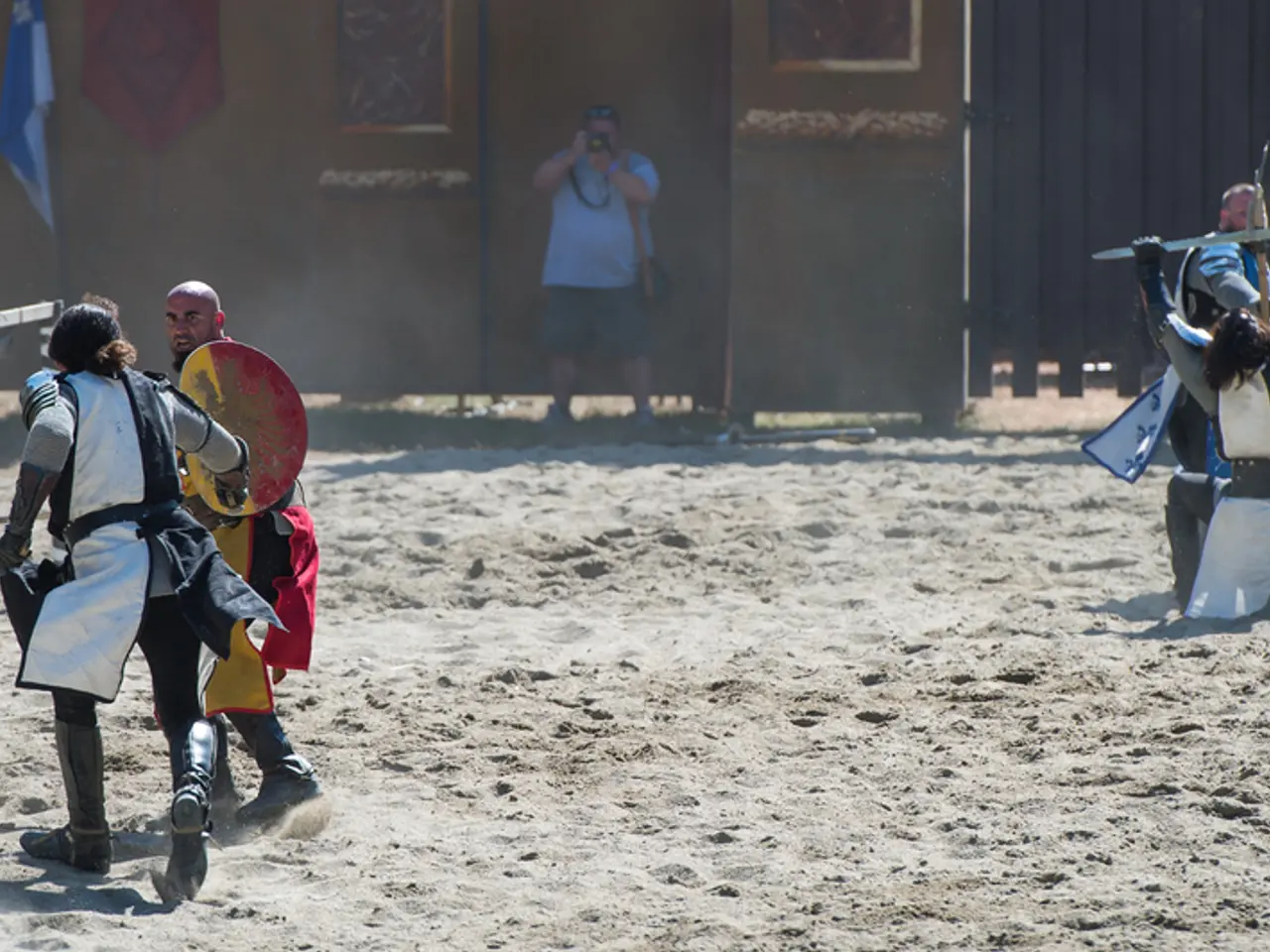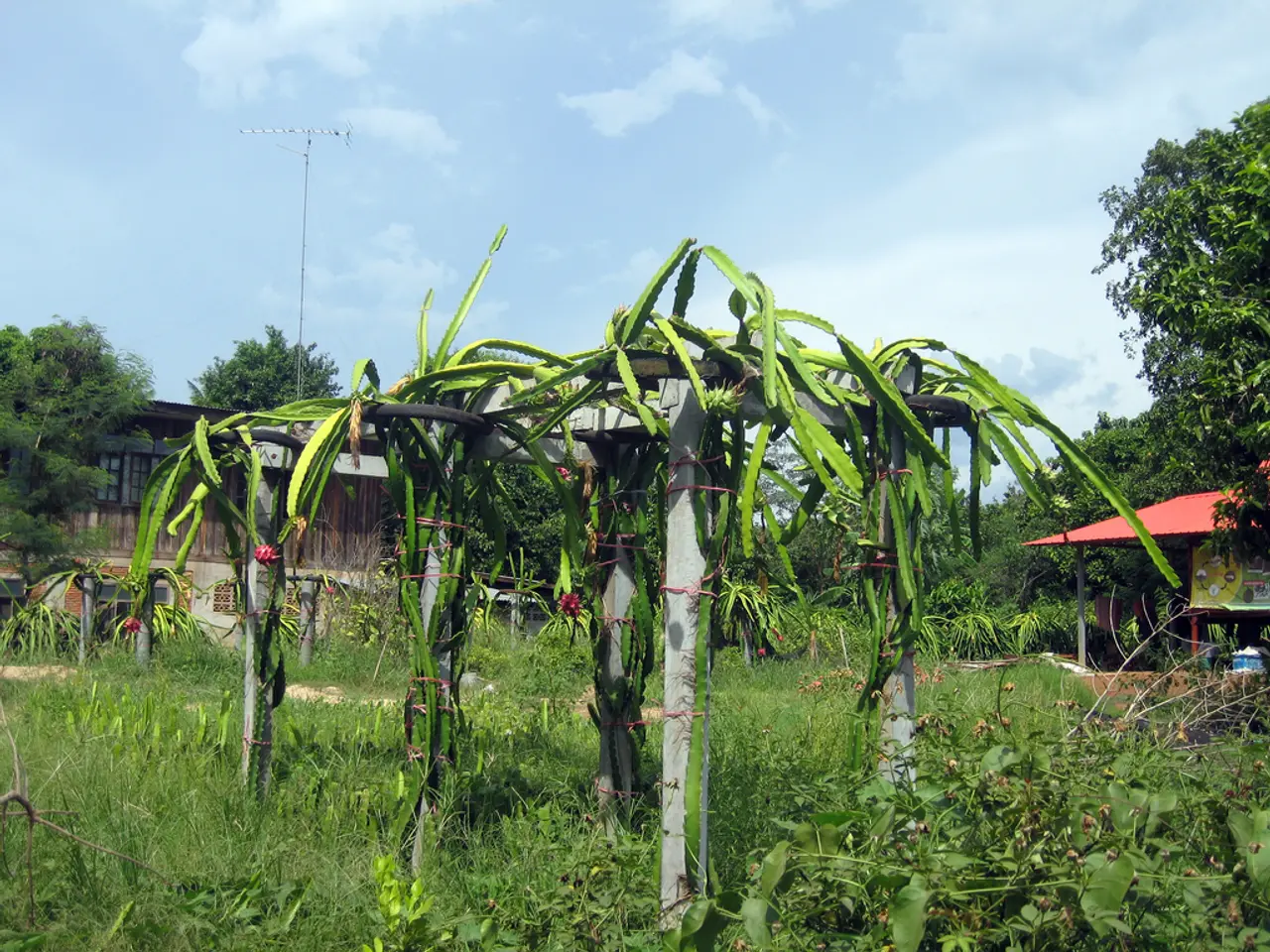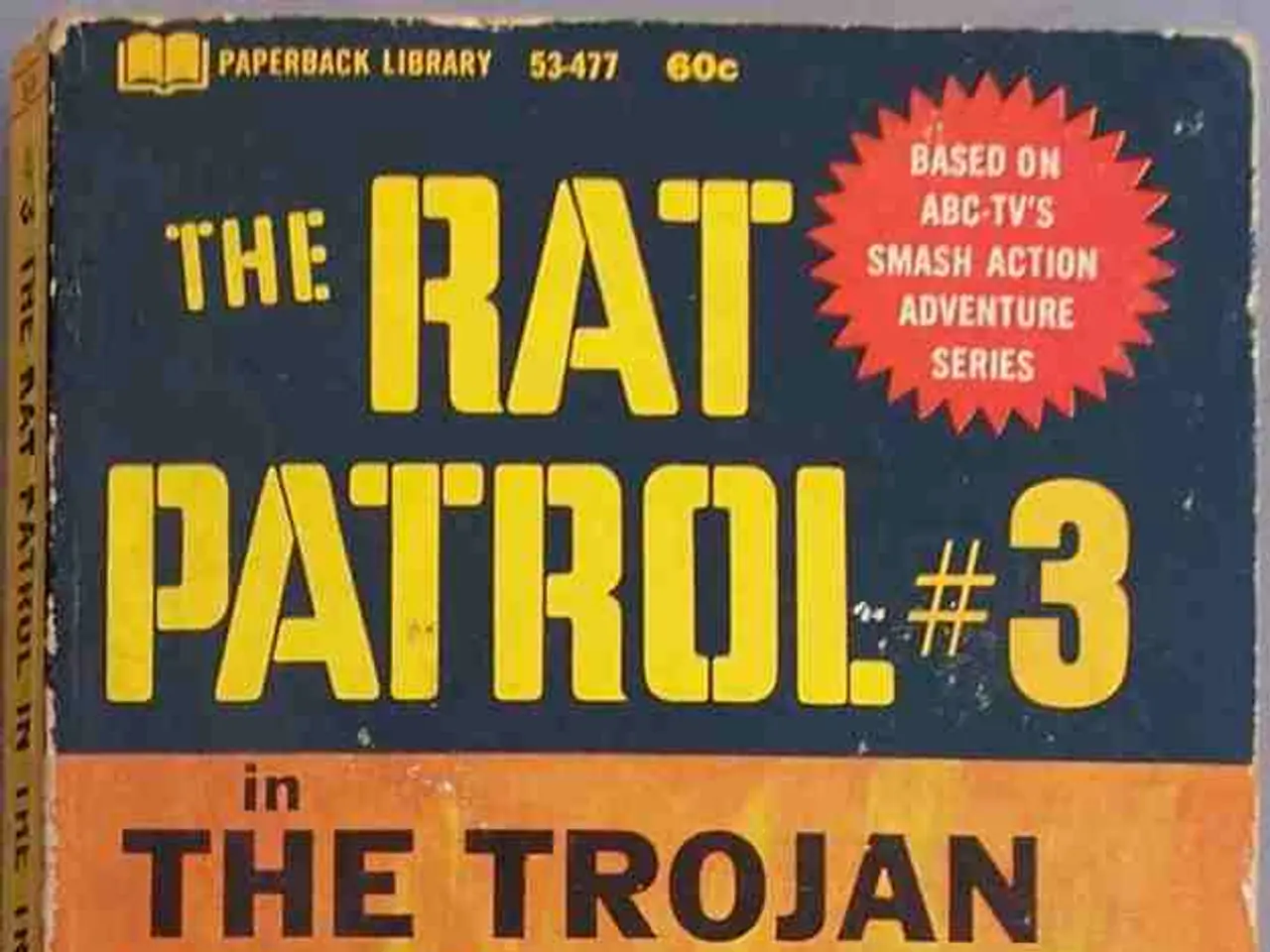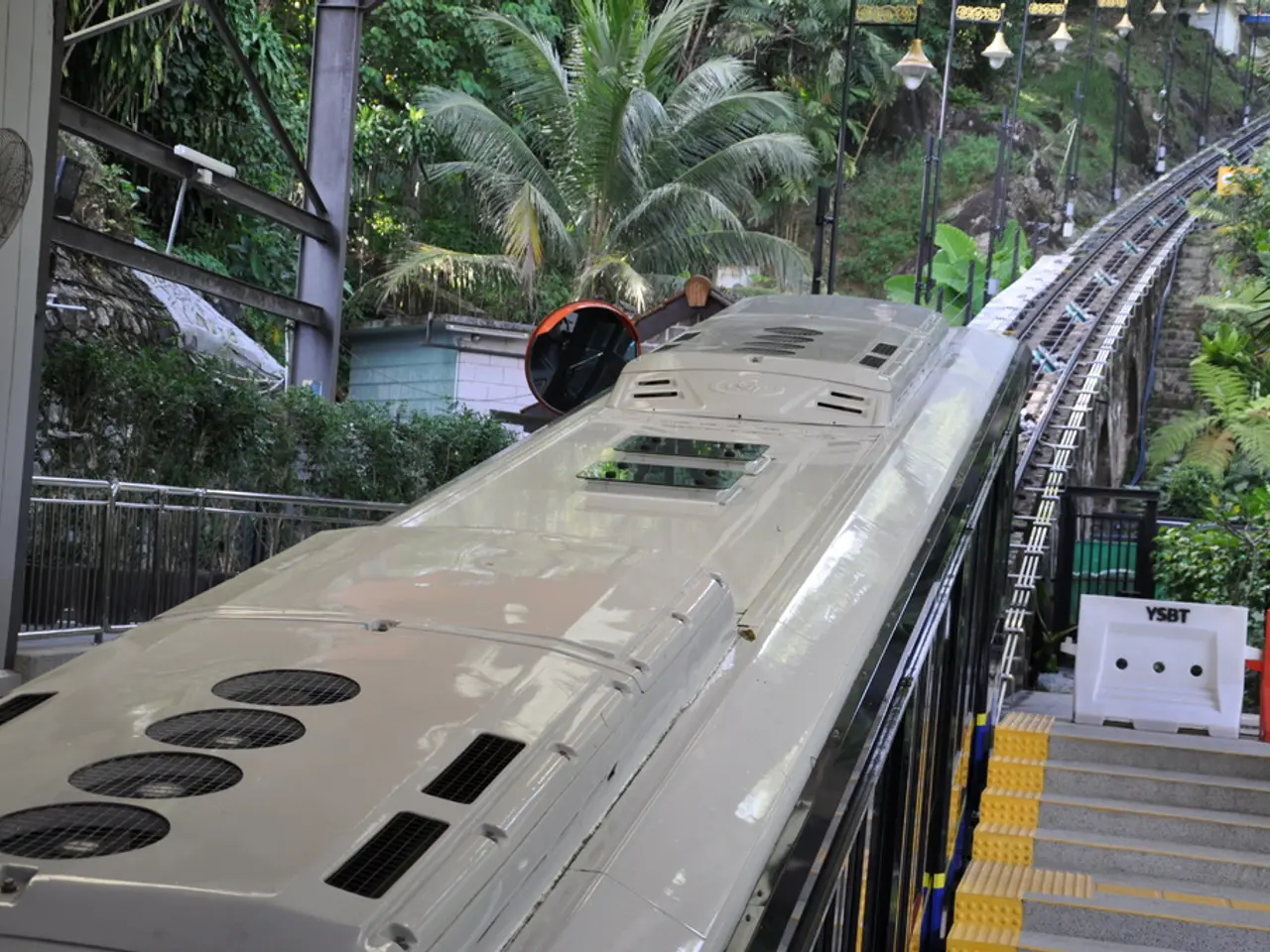Tension surrounds Iran's nuclear program after US attacks: Perspective from the battlefield
Iran remains resistant to Trump's approach: No planned talks in sight
A whirlwind of conflicting reports has arisen between the United States and Iran regarding the condition of Iran's nuclear facilities, following recent US attacks. While Supreme Leader Ayatollah Ali Khamenei downplayed the consequences of the attacks, Foreign Minister Abbas Araghtchi disclosed "severe" damages to the nuclear infrastructure. Araghtchi asserted that the Iranian nuclear agency is currently evaluating the extent of the destruction, and negotiations aren't in the pipeline.
Up dating the Aftermath "The American president has spun a yarn," Khamenei admitted in a televised message, referring to President Donald Trump. According to Khamenei, the attacks inflicted negligible impacts on Iran's strategic nuclear infrastructure. He also fended off claims that Iran's nuclear program would be set back by decades.
In contrast, Araghtchi reported on state-owned Iranian television that the damage assessment is ongoing, and political and technical discussions are underway.
Verbal Sparring over Negotiations
Araghtchi firmly declined US allegations that Iran would rejoin the negotiating table. "There's no deck of cards on the table, no hidden agenda, and no talks scheduled," he clarified. Trump had previously hinted at negotiating new terms with Iran. However, Trumps' assertion remains questionable, as no formal plans have been unveiled yet.
On the Global Stage
In anticipation of potential negotiations, German Foreign Minister Heiko Maas anticipates the Europeans to hold a strong bargaining position. "We've got the upper hand," Maas stated during a television interview. The Europeans can impose sanctions using the snapback mechanism without much resistance, and Maas emphasized that they intend to use this leverage in unity. The ultimate goal is to reach a viable and diplomatic solution.
Regardless of the situation, the Vienna Agreement remains active until October 2025, enabling European governments to retract previous stringent UN sanctions against Iran using the snapback mechanism. Moreover, European countries, despite being indirectly involved in the negotiations, possess immense leverage in the matter.
- Iran Conflict
- Iran Nuclear Program
- Donald Trump
- USA
- Israel War
- In the midst of the Iran conflict, European countries, with Germany at the forefront, are poised to leverage their influence in any potential negotiations, asserting that they hold the upper hand, given their ability to impose sanctions using the snapback mechanism.
- Amidst the escalating tension surrounding Iran's nuclear program, the European Union is strategically positioned, especially within the economic and monetary union, to play a significant role in facilitating a diplomatic solution, as per theactive Vienna Agreement until October 2025. Despite the US attacks, the Community Policy remains engaged, eyeing a viable resolution while under constant scrutiny over its political stance and economic implications.
